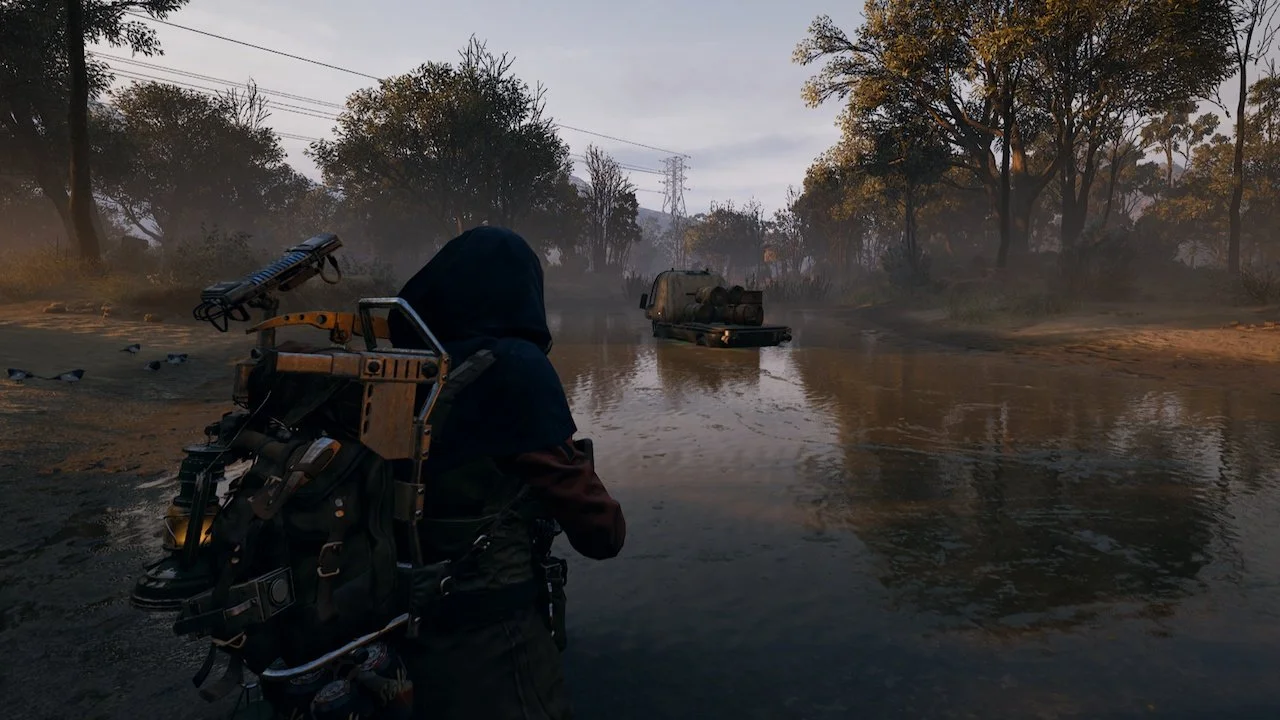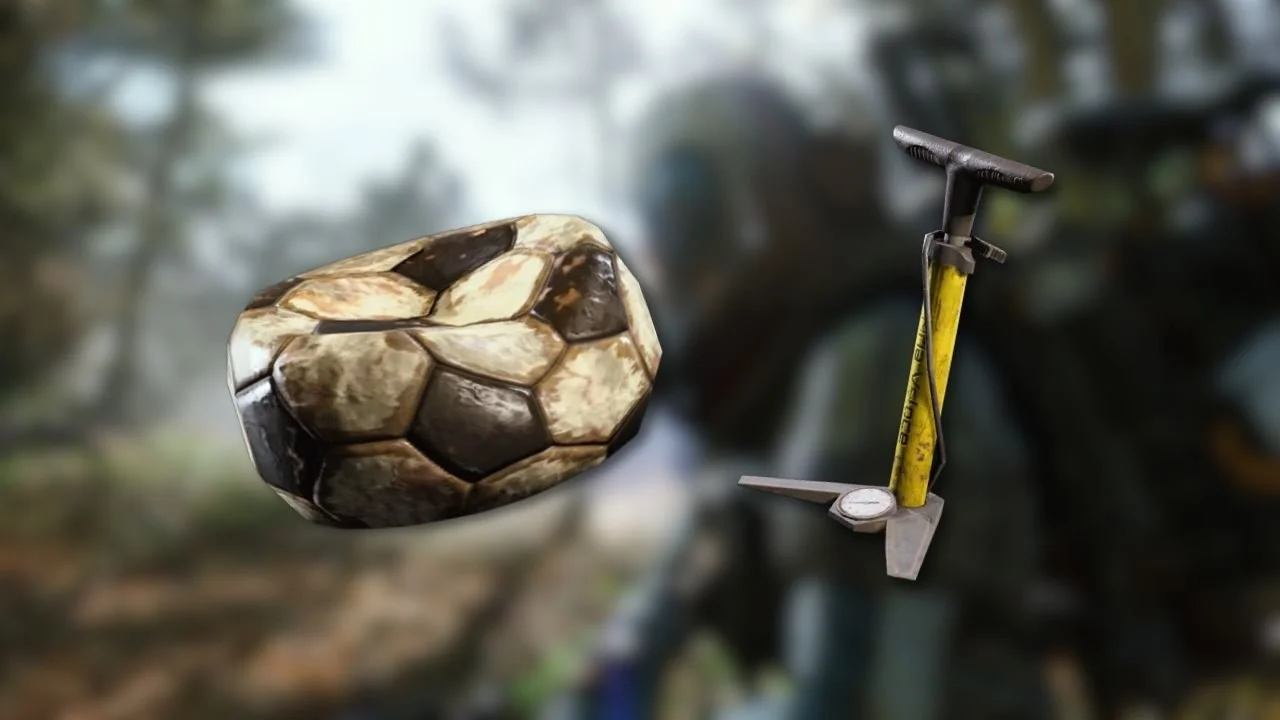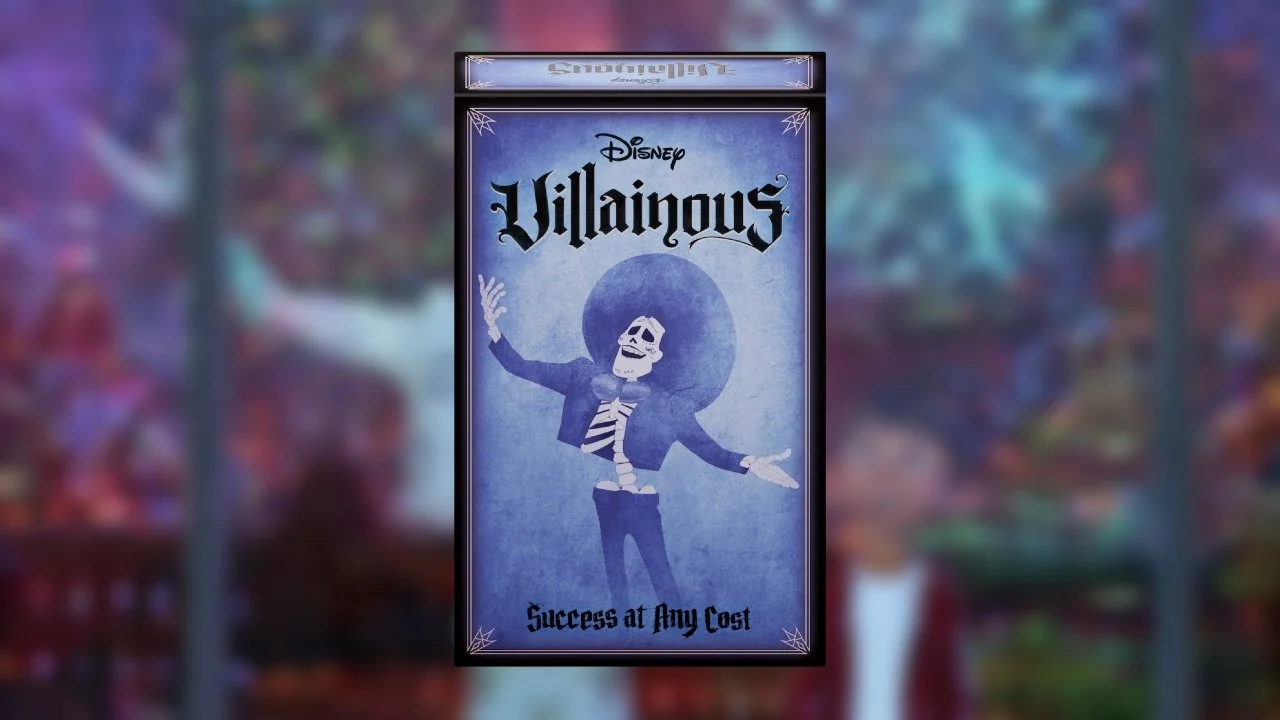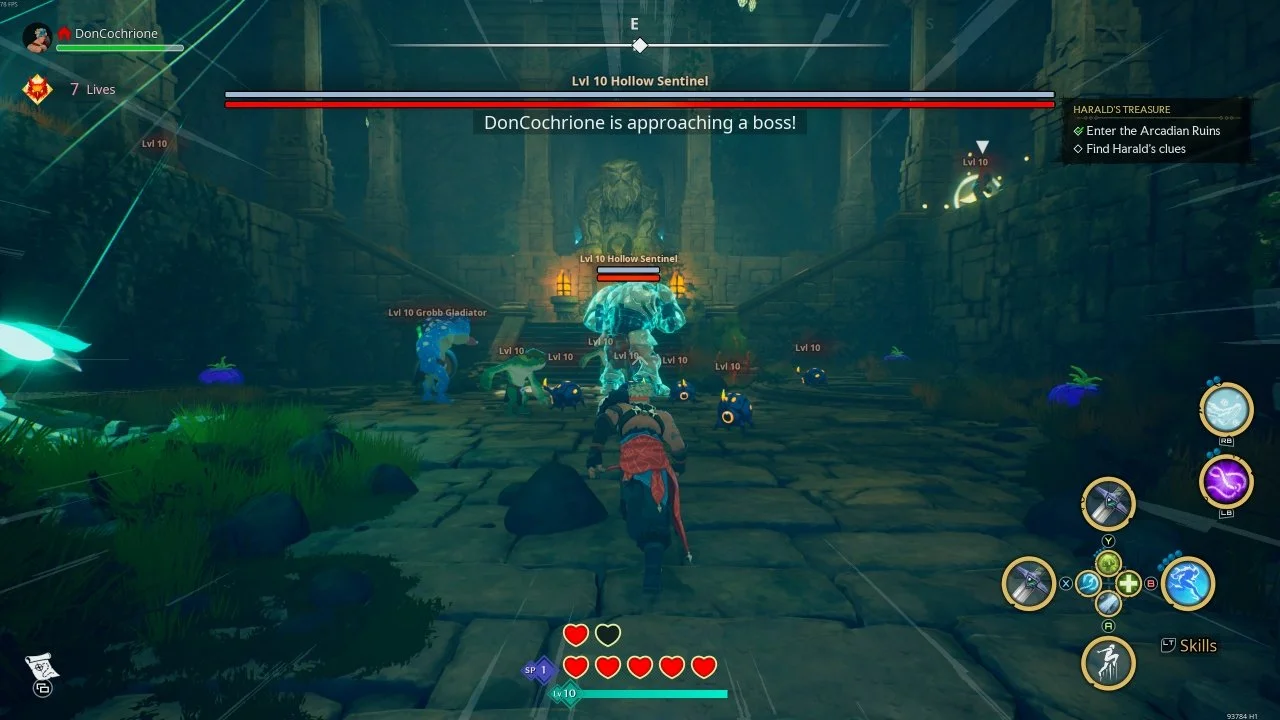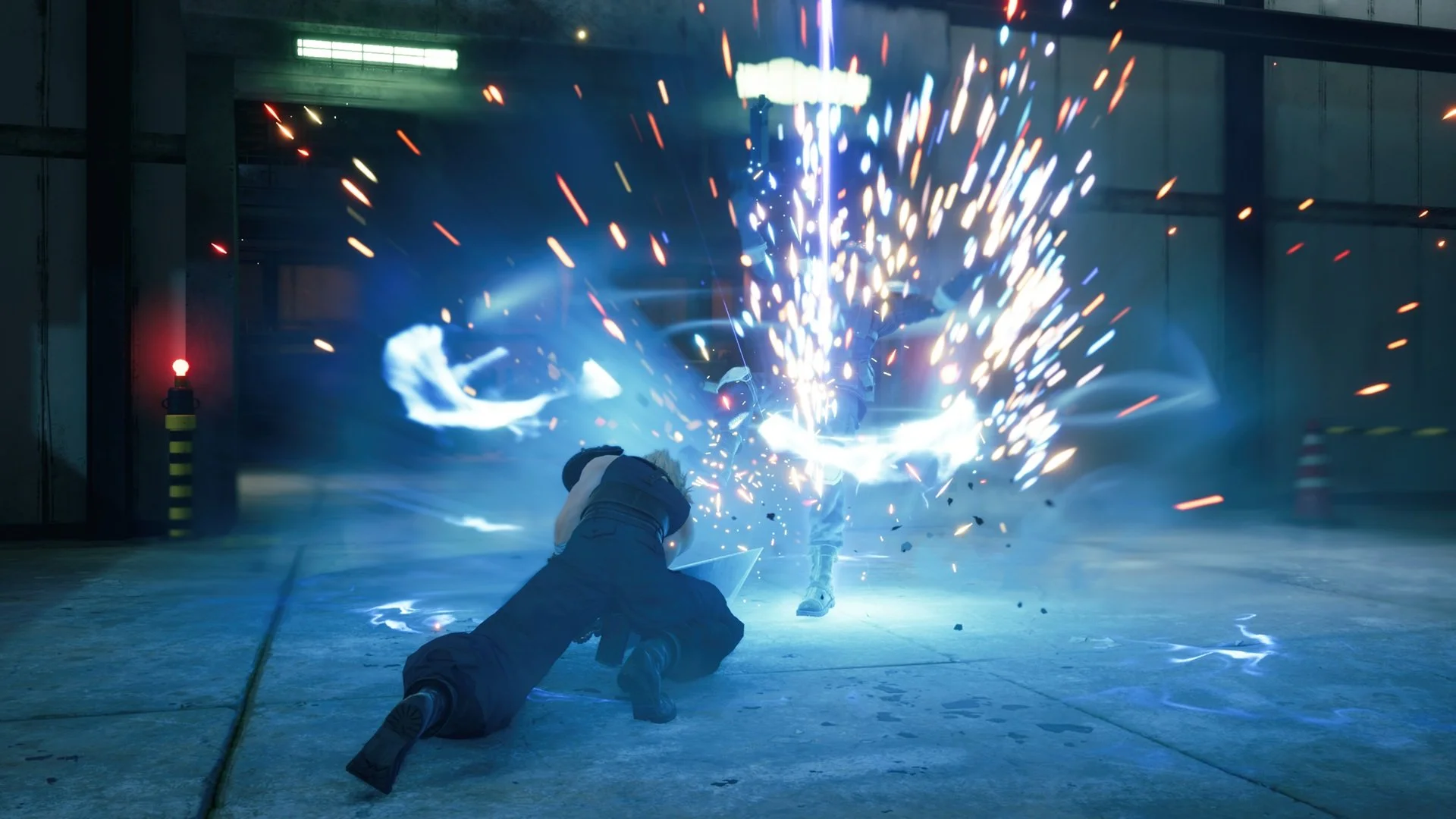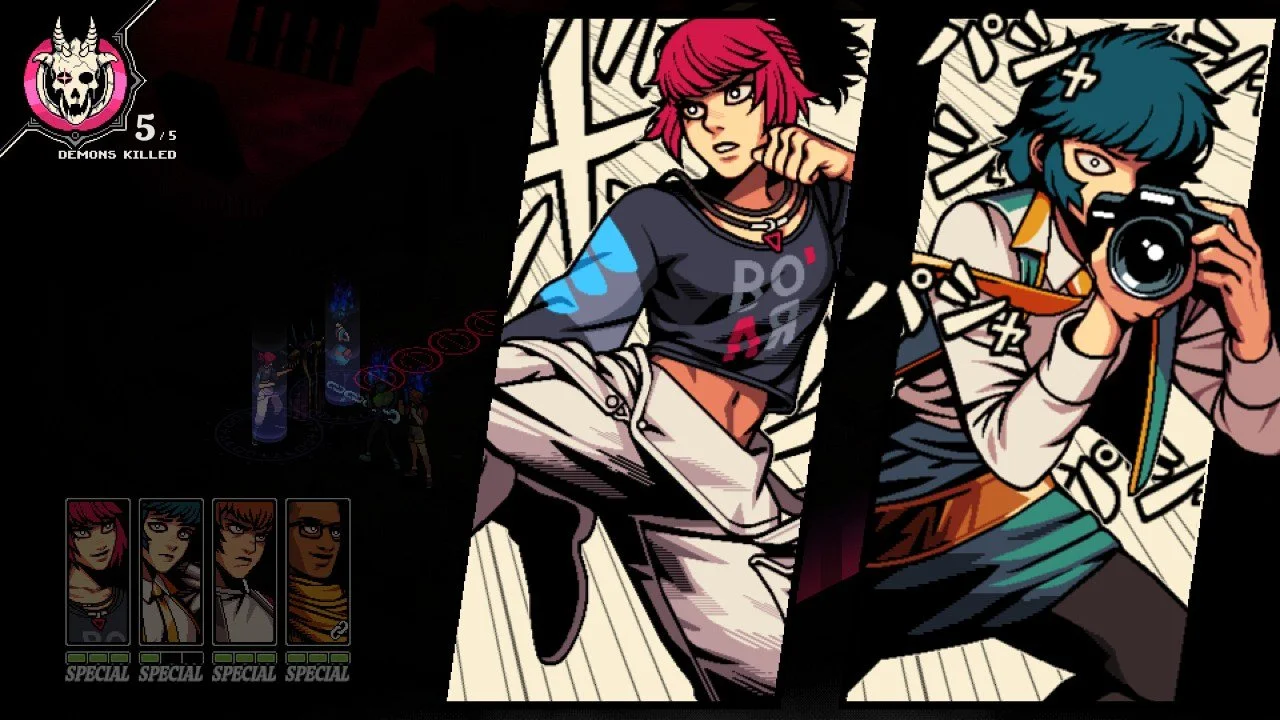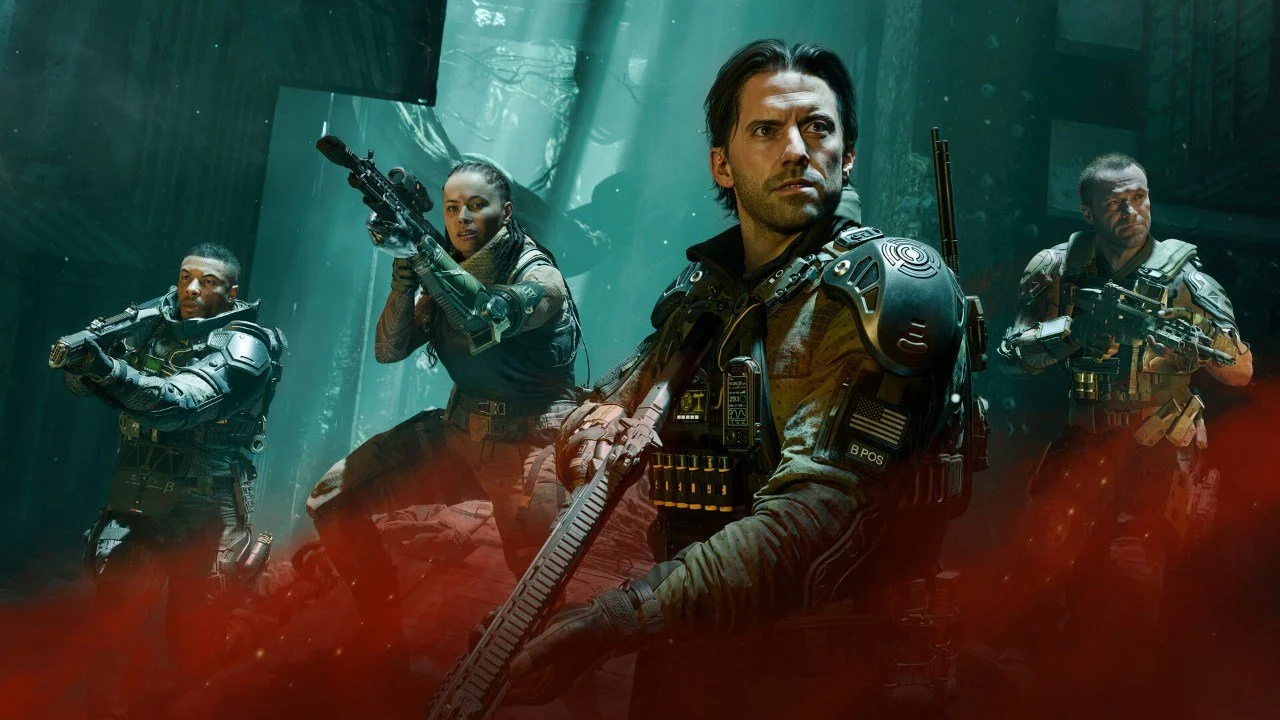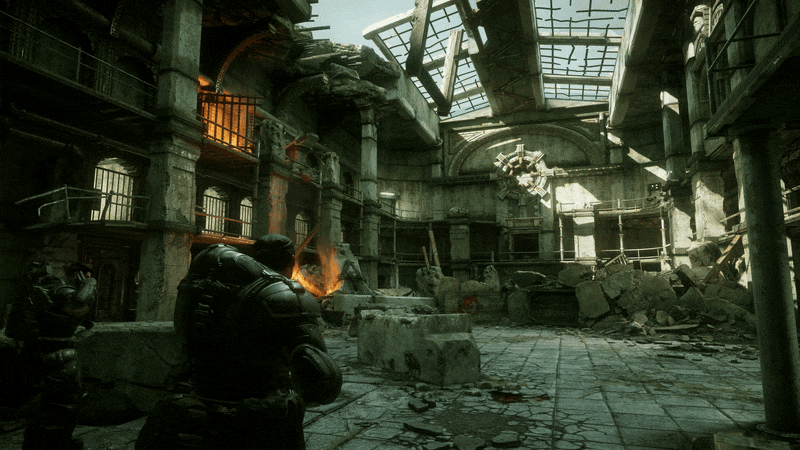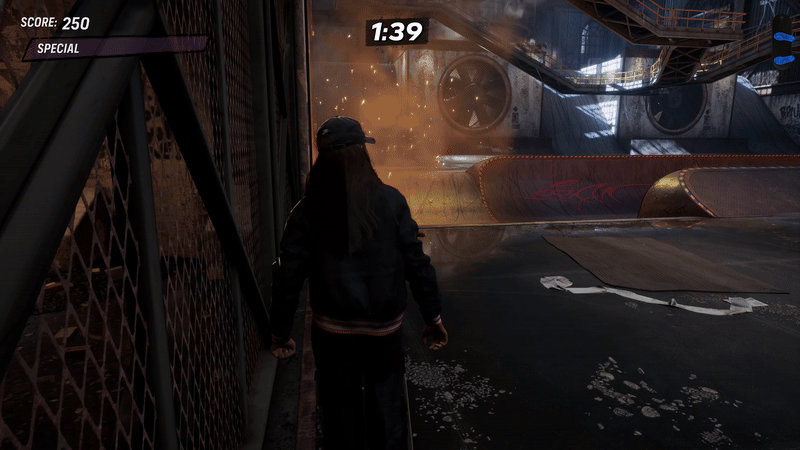In many games, the player character is tasked with solving a world ending crisis. Sure, often enough you can do that in your own pace, talking with random NPCs, playing mini-games and screwing around in the inventory screen even as the horde of God knows what other-worldly creatures are literally at your doorstep. But at some point, you do eventually get to it, with the same nuisance reserved to trivial activities such as washing the dishes.
In Battle Brothers, you’re no hero. You’re running a business. In fact, that’s one of the tool tips that the game shows on load screens, and 100 hours later, it’s more evocative than ever. Only instead of handling spreadsheets and filing tax reports, you’re killing hordes of orcs, goblins and bandits for fat barons and petty lords. And unsurprisingly, this line of work comes with a high human cost.
The start of the vanilla campaign is quite foreboding of what’s to come. After a contract gone wrong, your brothers in arms, including the captain, are massacred by a group of marauding bandits. You somehow manage to pull off a last minute tactical retreat and seek shelter in the nearest settlement.
All that remains from the once mighty company is you and four other brothers. To make things worse, being second in command, you are ‘’promoted’’ to captain. Your brothers, now effectively your employees, are injured and most definitely traumatized by the recent losses. But there’s no time to grieve - these men look up to you, and it’s your responsibility to pick up the pieces and reinstate the company to its former glory.
As you’ll soon find out, turning what is essentially a glorified group of hired thugs into a professional mercenary company is harder than it looks. Soon enough, you’ll find out that managing a mercenary company involves more than having your employees kill whatever they’re tasked to kill. Equipment needs to be repaired and maintained. Mouths need to be fed. Battle wounds need to be tended to. The occasional dispute between brothers needs to be solved, one more petty and puerile than the other.
Then there’s all the logistics of buying equipment, stocking with supplies such as food, projectiles and tools and managing the inventory. Prices will vary from place to place depending on your relationship with the settlement and the noble house that rules it, and certain economic factors that are out of the player’s control, like if the trade routes and production centers were raided by bandits, or the unseen forces of supply and demand. Maintaining a varied pool of able-bodied men is essential to the long-term success of the company, so when one of them dies or suffers a career-ending injury- and it will happen, trust me - he can be quickly replaced.
Basically, as the CEO of The Ragged Pointy-Stabby Dudes or whatever you’ll decide to name your mercenary company, your main job is to maintain a profit margin. But in this case, the profit margin is maintained with the sweat and literal blood of your employees. It’s not that you don’t care about your men, but taking an empathetic approach and ignoring the financial aspects of running the company will have nasty ramifications on the long run, and will have a direct impact on the well-being of your men. If the coffers are empty, your men will suffer. The game is a constant struggle to break even and ensure that your men are paid, fed and well-equipped at the end of the day.
However, no matter how detached and strictly-about-business you want to play it, you will eventually get emotionally attached to your men, which will make taking some otherwise difficult decisions even tougher. One of the toughest decisions I had to take occurred during my first campaign, and it involved a merc named Adelbert. An ex-militia, Adelbert went through some basic military training prior to joining my company, so he was slightly more experienced than my ragtag group of farmhands, ratcatchers, woodcutters and blacksmiths from nondescript rural settlements.
As time went on, Adelbert became one of my best fighters. After courageously holding the line against several orc warriors so that his wounded brothers could make a swift retreat and surviving miraculously, I decide to grant him the title of sergeant, essentially my second-in-command on the battlefield. Now, my decision to make him a sergeant was influenced as much by his fighting and leadership skills as by my feelings of guilt toward him.
His time in the company left Adelbert a disfigured mess - he lost one of his eyes to a bandit’s spear, his nose to an orc sword, and his ear to a goblin axe. Since nothing can bring them back, maybe the new position will give him a sense of purpose. Worst case scenario, maybe the pay raise will ensure a comfortable retirement.
Then it happened. Adelbert was struck down by a bandit axe and ended up with a broken elbow joint. Now this might not sound like a big deal, but in Battle Brother’s medieval universe, and more specifically, in the context of the game, this injury translates into -20% Melee Skill, -20% Ranged Skill, and -30% Melee Defense. In other words, this injury put Adelbert’s career in serious question. So I had to make one of two choices - either dismiss him or keep him in the reserve. Dismissing him meant paying a huge severance pay due to his experience and serving time. Keeping him in the reserve meant paying the wage of a fighter who was way past his physical prime. On a human level, keeping him around was the right thing to do. Financially, it made no sense. My company was barely scraping by as it was. So I decided to let him go.
Battle Brothers is chock-full of these kinds of moments, and you’ll be constantly forced to weigh the human and financial components of your company and strike a balance. You’re no hero, you’re running a business. Your main purpose is to make money. Of course, that doesn’t make losing the men you’ve shared victory drinks with after a successful contract any easier. But if the company is in good hands, their deaths were not in vain, as their brothers will surely enjoy a comfortable retirement.











